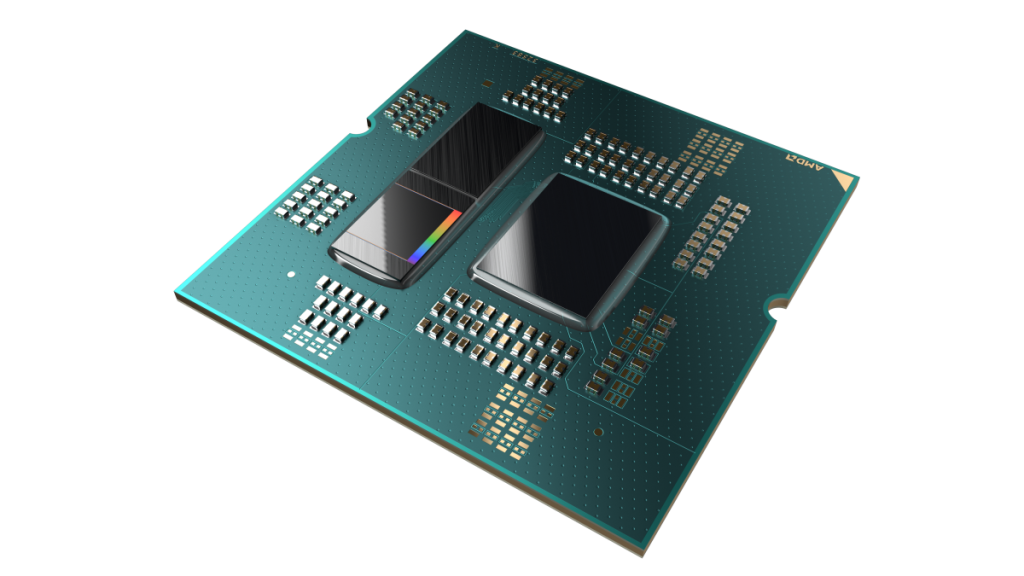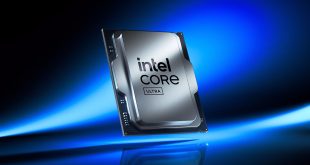AMD is gearing up to launch its eagerly anticipated Ryzen 9000X3D series, slated for release in two weeks. These next-generation processors are expected to include up to two chipsets, each housing eight cores, just like the previous X3D series. However, it looks like things are changing with the new 9000X3D CPUs, and that's the placement of the 3D V-Cache. Instead of being placed on top of the CDD, AMD is reportedly changing things around, putting the 3D V-Cache below the CCD (Core Complex Die).
In a recent post, HXL shared information regarding the repositioning of the 3D V-Cache. In the prior generation, the 3D V-Cache was located above one of the CCDs. The new design, however, places the CCD atop the V-Cache. Wccftech has also shared an image purportedly showcasing the Ryzen 7 9800X3D CPU delidded, corroborating this claim. This photograph revealed the CPU without its integrated heat spreader, offering an early glimpse at the architectural adjustments AMD is making for this X3D generation.

This design shift is noteworthy, especially in contrast to the previous X3D series. The earlier iteration featured a visible outline of the 3D V-Cache and the supporting silicon. In the upcoming series, the 3D V-Cache is integrated behind the CCD, hiding this outline. While we can't definitively authenticate the image as belonging to the 9800X3D, it's possible that there are already a few samples of Ryzen 7 9800X3D in the wild, and one of them ended in the hands of someone with a delidder.
The AMD Ryzen 9000X3D series is set to hit the market on November 7th. Currently, the 9800X3D is the only confirmed model, but we also expect AMD will launch a 12-core 9900X3D and a 16-core 9950X3D variant, both expected to feature two chiplets and, possibly, double the 3D V-Cache. Additionally, a 6-core variant may also be on the horizon.
Discuss on our Facebook page, HERE.
KitGuru says: The new design could potentially enhance heat dissipation and, therefore, also higher operational frequencies. However, losses in other areas, like memory latency, for example, could occur.
 KitGuru KitGuru.net – Tech News | Hardware News | Hardware Reviews | IOS | Mobile | Gaming | Graphics Cards
KitGuru KitGuru.net – Tech News | Hardware News | Hardware Reviews | IOS | Mobile | Gaming | Graphics Cards


